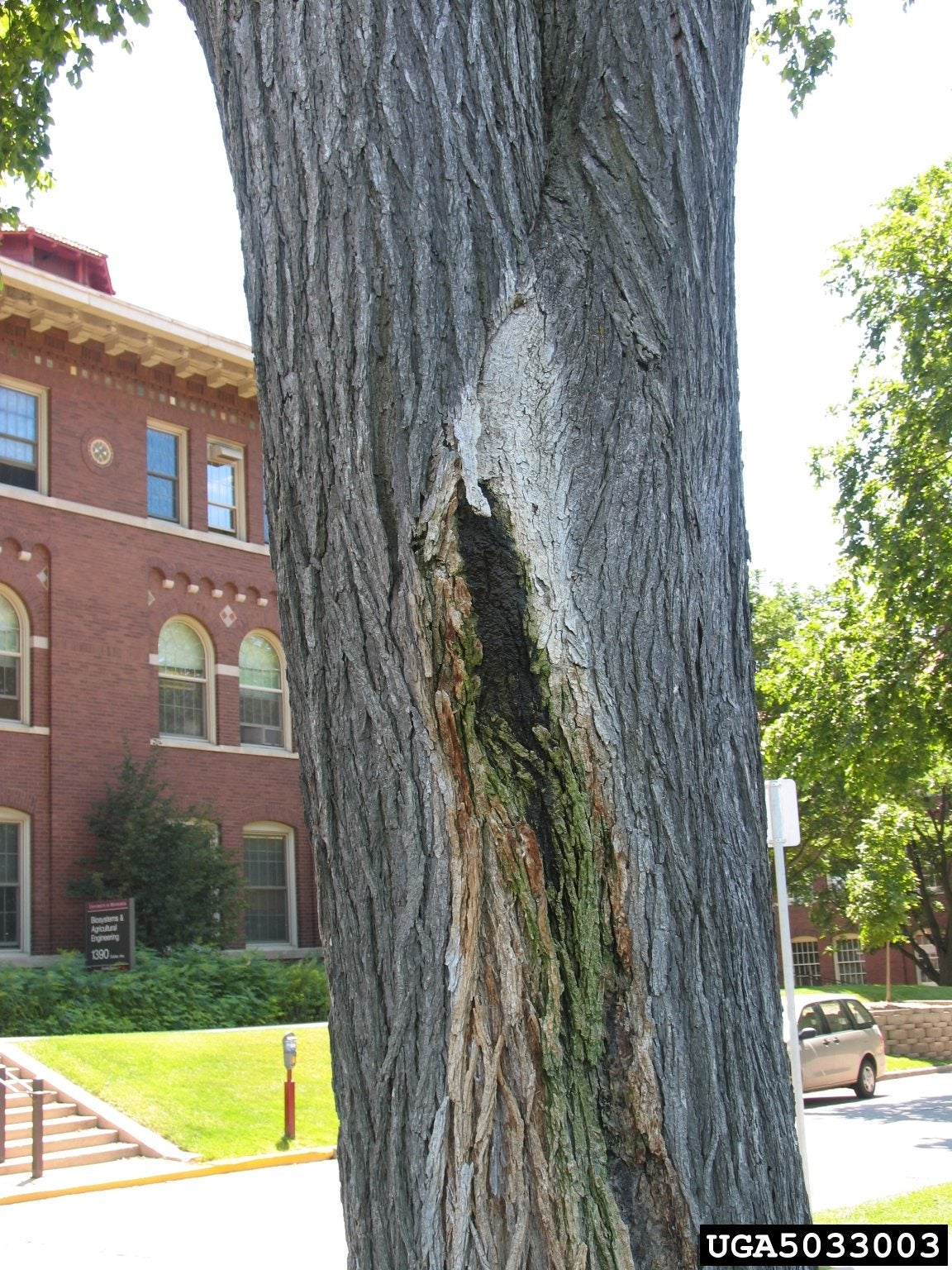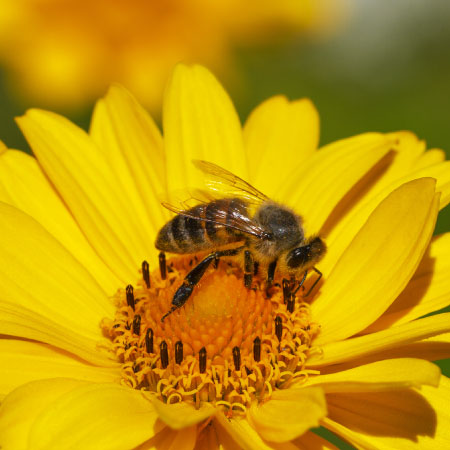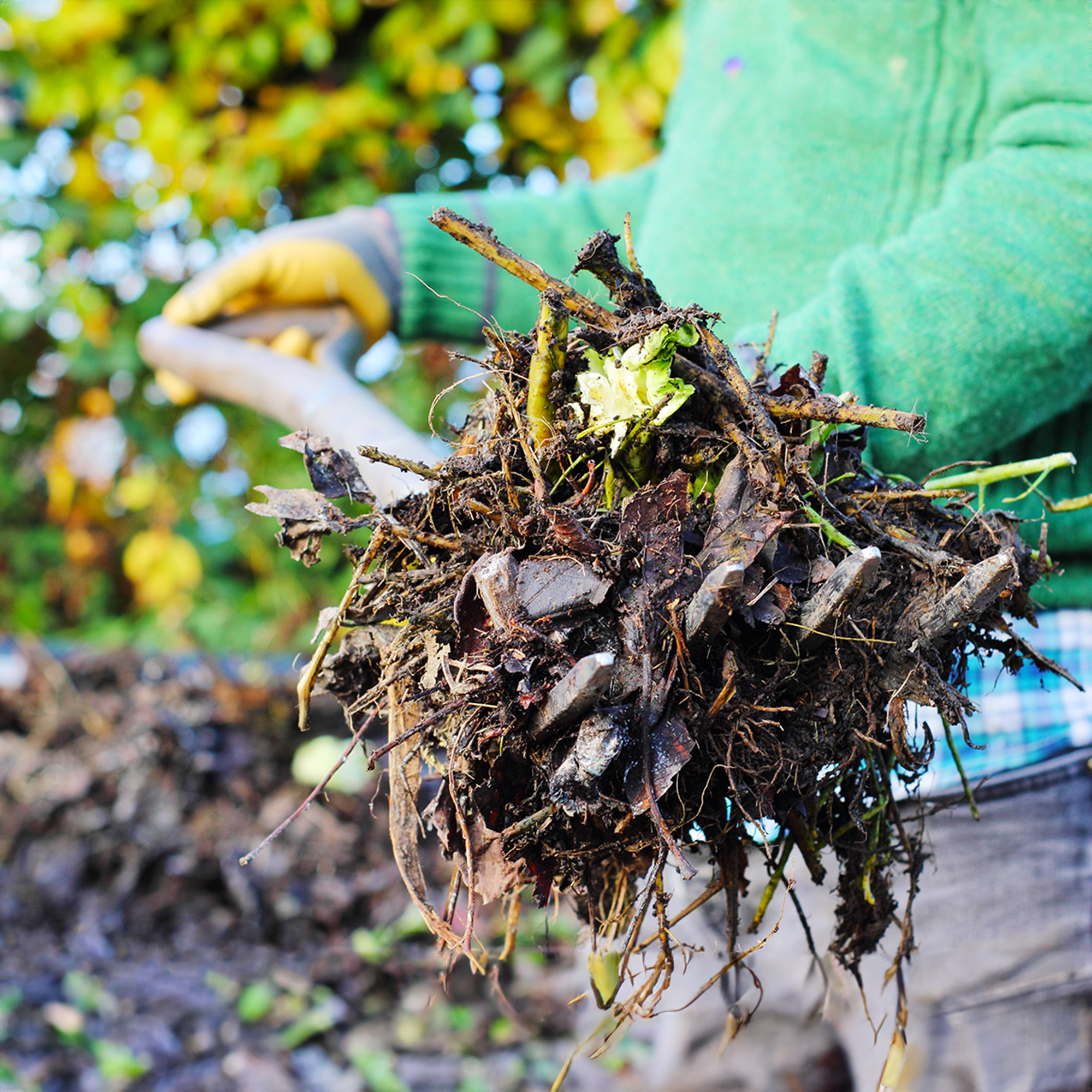Alcoholic Flux Treatment: Tips For Preventing Alcoholic Flux In Trees


If you've noticed frothy-like foam seeping from your tree, then it has likely been affected by alcoholic flux. While there is no real treatment for the disease, preventing alcoholic flux may be your only option to avoid future outbreaks. Keep reading to learn more frothy flux info.
What is Alcoholic Flux?
Alcoholic flux is a stress-related disease that affects sweet gum, oak, elm, and willow trees. It usually occurs after a period of very hot, dry weather. The disease is caused by a microorganism that ferments the sap that seeps or bleeds from cracks and wounds in the bark. The result is a white, frothy ooze that has a sweet, fermenting odor similar to beer. Alcoholic flux is sometimes called frothy flux or foamy canker because of the white ooze that looks and feels like melted marshmallows. Fortunately, this ooze only lasts for a short time in summer.
Frothy Flux Info and Prevention
Anything that promotes the overall good health of the tree aids in preventing alcoholic flux. Symptoms usually occur after a period of extremely hot, dry weather, so water the tree deeply during dry spells. Apply the water slowly to encourage absorption to a depth of 18 to 24 inches (46-61 cm.). Water the entire area under the canopy of the tree and cover the root zone with mulch to cut down on water evaporation and keep the roots cool. A good annual fertilization program helps keep trees healthy and able to resist disease. For mature trees, this means at least one feeding a year, usually in late winter or early spring as the leaves begin to bud. Young trees benefit from two or three smaller feedings over spring and summer. Wounds and cracks in the bark make it easier for the microorganism to enter the tree. Also, you should prune damaged and diseased limbs back to the collar. Use alcohol, a 10 percent bleach solution or a household disinfectant to clean the pruning tools between cuts so that your tools don't spread disease to other parts of the tree. Take care when using a string trimmer around the tree and mow the grass so that debris flies away from the tree rather than toward it to avoid chips in the bark.
Alcoholic Flux Treatment
Unfortunately, there is no effective alcoholic flux treatment, but the symptoms only last a short while in a healthy tree. In severe cases, the layer of wood under the bark may become rotten and mushy. If the tree doesn't recover properly, it should be cut down.
Gardening tips, videos, info and more delivered right to your inbox!
Sign up for the Gardening Know How newsletter today and receive a free copy of our e-book "How to Grow Delicious Tomatoes".

Jackie Carroll has written over 500 articles for Gardening Know How on a wide range of topics.
-
 Grow ‘Karl Rosenfield’ Peony Plants For The Ultimate Frilly Border Beauties And Cut Flowers
Grow ‘Karl Rosenfield’ Peony Plants For The Ultimate Frilly Border Beauties And Cut FlowersFor frilly double magenta peony petals infused with a heady fragrance, grow ‘Karl Rosenfield’ peony plants. Here’s how to cultivate the ultimate plushy blooms
By Tonya Barnett
-
 10 Common Composting Problems That Can Spoil Your Garden Gold – Plus Easy Fixes
10 Common Composting Problems That Can Spoil Your Garden Gold – Plus Easy FixesLearn how to troubleshoot common composting issues before they ruin your stash – from bad smells and bugs to materials not breaking down as they should.
By Susan Albert